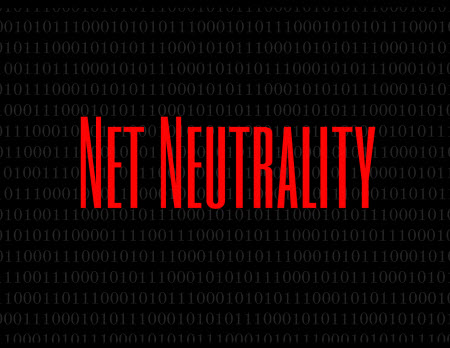Opponents Plot a Title (II) Rematch
The smarter way to stay on top of the multichannel video marketplace. Sign up below.
You are now subscribed
Your newsletter sign-up was successful

WASHINGTON — The Federal Communications Commission won a big victory in a federal appeals court with a ruling that the agency had sufficiently justified its Title II-based approach to network-neutrality rules. But the last chapter has yet to be written in the years-long legal battle.
Internet-service providers have vowed to continue the fight, either by appealing the three-judge panel decision to the full U.S. Court of Appeals for the D.C. Circuit, or by going straight to the U.S. Supreme Court.
Some interested parties huddled with reporters after the decision to talk about the implications of the court’s call and prospects on appeal.
POTENTIAL LINES OF APPEAL
Network-neutrality detractors seemed to agree that the FCC’s decision to reclassify wireless under Title II of the Communications Act might be fruitful ground for appeal, given the distinctions the FCC had previously drawn between wired and wireless, though they were not handicapping prospects for success.
Another possibility at the Supreme Court, said Russ Hanser, partner at Wilkinson Barker Knauer, was what might be a nascent doctrine at the Supreme Court regarding reviews of particularly important agency decisions, in which agencies have “reshaped” the statutory authority bestowed by Congress.
Attorney Andrew Schwartzman, who supports the Title II-based rules, wasn’t buying that argument. He called “fanciful” the suggestion the Supreme Court wants to cut back on traditional deference by suggesting some cases are “too big” for Congress to have meant to delegate its authority.
The smarter way to stay on top of the multichannel video marketplace. Sign up below.
“The Supreme Court has already said [in the Brand X case upholding the FCC’s previous definition of Internet access as an information service] that the reclassification issue was properly delegated to the FCC,” Schwartzman said. “I doubt that there is any other statute in the last few decades which so clearly delegated so much to the FCC for decision.”
Hanser cited a case involving the Affordable Care Act (aka Obamacare), in which the Supreme Court said in cases of such national importance, the court’s traditional deference to agency decisions might be more limited. That calls into question how much discretion agencies have, he said.
When Congress gave FCC forbearance authority, Hanser added, most people saw that as a deregulatory move. “There seems to be something strange to use it to vastly expand regulation, just not as far as it otherwise would have been expanded,” he said.
He would not be surprised if appeals of the rules to the Supreme Court focused on how much authority agencies have to create regimes different from the ones anticipated in the statute, he said.
Seth Cooper of free-market think tank Free State Foundation thinks the FCC’s general-conduct standard is another weak spot in the court decision.
“The D.C. Circuit’s light-touch review of a heavy-handed regulatory order offered an unsatisfying analysis of the general conduct standard, too eagerly downplaying its vagueness,” Cooper said in a blog post.
Cooper said the vagueness issue should be brought up on appeal, but an as-applied challenge could also be the legal vehicle to challenge the network-neutrality rules. If the FCC was to make a ruling based on the general-conduct standard — by disallowing zero-rating plans, for instance — an as-applied challenge to that decision could be a way to get a fuller vetting than the D.C. Circuit provided.
LOW ODDS ON REVERSAL
Schwartzman was not shy about offering up odds on an appeal, saying the chances for reversal are “close to zero.”
Given that the dissenter in the case — Judge Stephen F. Williams would have remanded the decision back to the FCC — was focused not on the agency’s power to reclassify (which the court upheld), but on how the FCC applied the law, the “core legal issue” is not in play, Schwartzman pointed out.
The only reason to seek rehearing is a tactical one to put off going to the Supreme Court until there is a ninth justice in place, Schwartzman said.
As to the Supreme Court, Schwartzman said there is no split in the circuit for it to resolve, and “it has already said that the central provision is ambiguous, and even Judge Williams agreed that the FCC has the power to reclassify. The only other issues in the case are garden variety administrative law statutory questions of no interest to the Supreme Court plus a nearly frivolous First Amendment question.”
Contributing editor John Eggerton has been an editor and/or writer on media regulation, legislation and policy for over four decades, including covering the FCC, FTC, Congress, the major media trade associations, and the federal courts. In addition to Multichannel News and Broadcasting + Cable, his work has appeared in Radio World, TV Technology, TV Fax, This Week in Consumer Electronics, Variety and the Encyclopedia Britannica.

